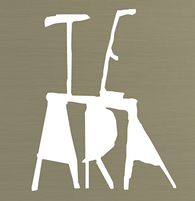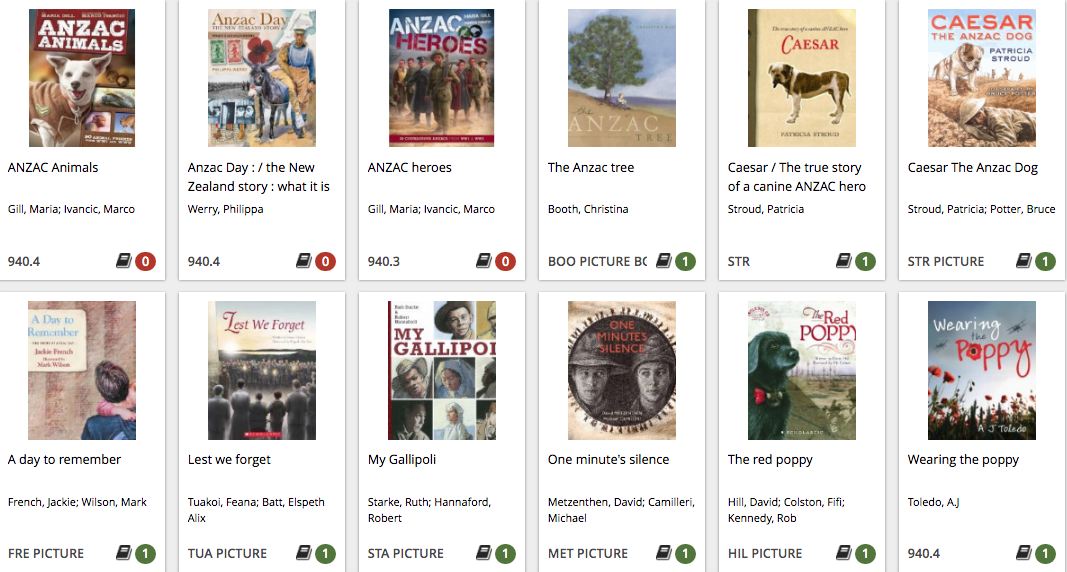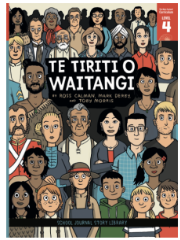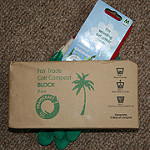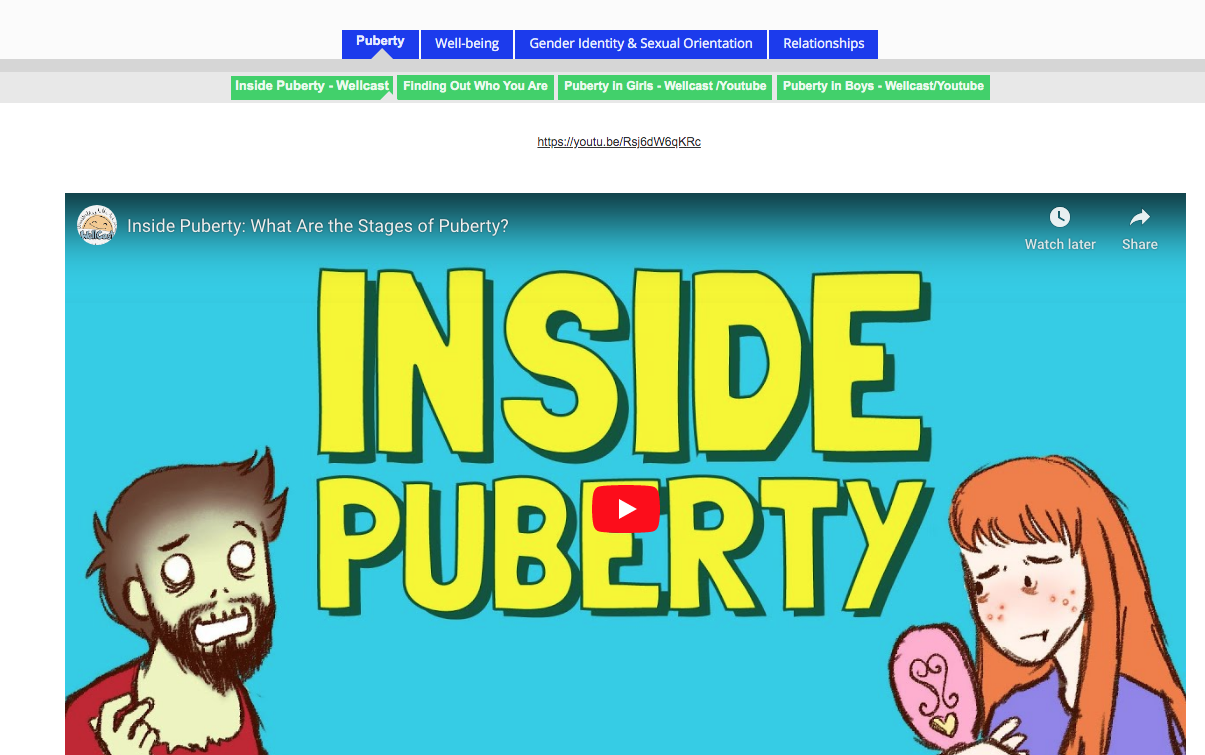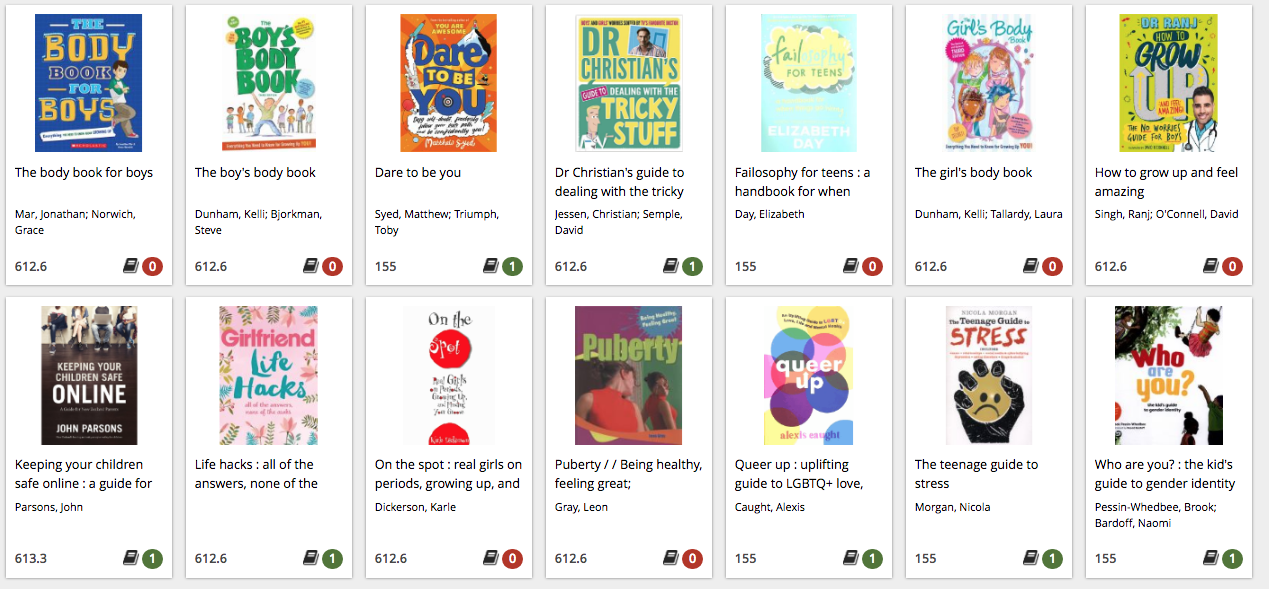Help with Heaton Inquiry Topics
Find your current Inquiry Topic on this page and then use the directions and links to find reliable and relevant information from a range of sources.
But whatever your topic, a great place to start your research is an encyclopedia.
Use Te Ara for anything to do with Aotearoa NZ and try Britannica for everything else!
Ask Mrs Boniface if you need any help.
But whatever your topic, a great place to start your research is an encyclopedia.
Use Te Ara for anything to do with Aotearoa NZ and try Britannica for everything else!
Ask Mrs Boniface if you need any help.
ANZAC Day and World War I
Looking for information about the ANZACs, ANZAC Day or World War I? Check out some of the online resources below.
ANZAC, by janeboniface
Looking for books on ANZAC and links to more online resources?
Access the Library Catalogue and search for "ANZAC", or "World War". Your search results will include links to 3 audio recordings - poems or short stories read aloud by a member of the Devonport RSA from a special ANZAC issue of Toitoi.
Access the Library Catalogue and search for "ANZAC", or "World War". Your search results will include links to 3 audio recordings - poems or short stories read aloud by a member of the Devonport RSA from a special ANZAC issue of Toitoi.
Teachers:
You may want to check out the TKI site ANZAC Day
Also there are two copies of the kit "Remembering the First World War" available to borrow from the Teacher Resources Annex.
Login to Journal Surf and search for "ANZAC" to see all relevant items, including Enrich resources with student activities.
School Journals
School Journal Level 3 June 2014 and Level 4 June 2014 are dedicated to ANZAC and WWI. Print copies are available in Te Kāmata Seminar Room A. Downloadable online versions of SJ articles published from 2014 onwards are available, access them via TKI.
Selected articles from the June 2014 Level 3 and Level 4 journals are available in the ANZAC pearltrees resource above (students just need to click to view the full text).
Other relevant School Journal articles include:
- Anzac Biscuits by Philippa Werry. Part 02 No. 03: 2007: p10-13
- The Anzac Button by Judy Raymond. Level 2 Feb: 2012: p2–7
- In Memory: First World War Memorials by Jock Phillips. Level 2 August 2018: p2-8
- Poem for Anzac Day by Judy Raymond. Level 2 Feb: 2012: p8–9
- Dawn Service by Ashleigh Young. Level 4 June: 2014: p14–15
- Boy Soldiers by Norman Bilbrough. Part 04 No. 03: 2008: p2–9.
- King and Country by Andre Ngapo. Level 4 June: 2014: p16-21
- Te Hokowhitu-a-Tu: The Maori Pioneer Battalion by Monty Soutar. Level 3 June 2014: p10-16
Te Tiriti o Waitangi / The Treaty of Waitangi
Following are links to YouTube clips, websites and School Journal articles about the Treaty of Waitangi / Te Tiriti o Waitangi.
There are books about Te Tiriti o Waitangi in the Non-Fiction Collection - look for the Dewey number 993 or search the Library Catalogue for the terms "Treaty Waitangi" to check location and availability.
|
Teachers: there are 60 copies of "Te Tiriti O Waitangi", a School Journal Story Library publication, in Seminar Room B. Told in comic book format it covers a wide time span, from the arrival of Polynesian explorers to the signing of Te Tiriti, to the New Zealand Wars, and through to the modern-day Treaty settlement process. Audio is also available and an online version from the TKI site. Login to Journal Surf to access Enrich modules on Te Tiriti, including Treaty of Waitangi L3 Principles, Treaty of Waitangi L3 Communication Breakdown!, Treaty of Waitangi L2 Rules, Treaty of Waitangi L4 War or Peace?. There is also a poster "The Treaty of Waitangi" available to borrow from the library. |
Aotearoa NZ Histories
Use the Aotearoa NZ Histories wakelet below to access some great introductory resources selected for Heaton students.
Our Heaton library, Te Kāmata, also has a range of excellent books on this topic. Look for the Aotearoa NZ History Collection on the non-fiction shelves at the classification #993.
The Ngā Taonga Māori Collection (which lives next to the Graphic Novel Collection) could also have some useful books, depending on your topic.
A search of the Library Catalogue with keywords like "New Zealand history" or "Maori history" or "Christchurch history" will show you exactly what the library has and where to find it.
Ask Mrs Boniface if you need help finding anything!
The Ngā Taonga Māori Collection (which lives next to the Graphic Novel Collection) could also have some useful books, depending on your topic.
A search of the Library Catalogue with keywords like "New Zealand history" or "Maori history" or "Christchurch history" will show you exactly what the library has and where to find it.
Ask Mrs Boniface if you need help finding anything!
Teachers, there are multiple print copies of the titles in the new Connected series which since 2022 supports Aotearoa New Zealand’s histories and Tīkanga ā-Iwi, social sciences, inclusion, and wellbeing. These publications are also available in full text online - access to online copies of Connected 2022 Level 3 – Ka ora kāinga rua | A new beginning (explores themes of first arrivals in Aotearoa New Zealand, the naming of places, journeying by waka across the Pacific) and Connected 2022 Level 2 – Ki te hoe! | Let's get going! (explores themes of identity, migration, whakapapa, early settlements in Aotearoa New Zealand, and archaeology) are available in the Aotearoa NZ Histories wakelet above. Go to TKI site to access Teacher Support Materials including Google slides.
Astronomy
If you have a specific topic in mind, for example: eclipses, the moon, or the solar system, then start with a search of the online encyclopedia Britannica. Type your topic in the Britannica search box below, or type in "astronomy":
If you haven't chosen a specific topic for your inquiry yet, browse some of the websites below for inspiration!
These interactive websites include games, quizzes & activities, as well as videos and lots of useful information.
Books
You will find books on astronomy and related topics in the Non-Fiction Collection, Dewey numbers 500 - 523.
A search of the Library Catalogue for "astronomy" will show you all the books we have and where to find them.
Ask Mrs Boniface if you need any help finding anything!
Videos
There are two excellent DVD's available to watch of a BBC TV series presented by Prof. Brian Cox:
Wonders of the Universe
Wonders of the Solar System
Both of these are available in the library's non-fiction collection.
You will find books on astronomy and related topics in the Non-Fiction Collection, Dewey numbers 500 - 523.
A search of the Library Catalogue for "astronomy" will show you all the books we have and where to find them.
Ask Mrs Boniface if you need any help finding anything!
Videos
There are two excellent DVD's available to watch of a BBC TV series presented by Prof. Brian Cox:
Wonders of the Universe
Wonders of the Solar System
Both of these are available in the library's non-fiction collection.
Human Rights & Child Labour
|
What are Human Rights?
For an explanation, watch the video "Human rights in two minutes", then read the article "Human Rights" from Encyclopedia Britannica. The article Child Labour from Encyclopedia Britannica gives a good introduction to this topic. Another useful online article is "Child Labor" from the database Middle School (Gale in Context). You will be able to access this article by clicking on the link above - as long as you are on the Heaton campus. Ask Mrs Boniface if you need help. Websites For a selection of websites about Child Labour, view the Child Labour LiveBinder below: |
|
Take a look at the websites on Human Rights below:
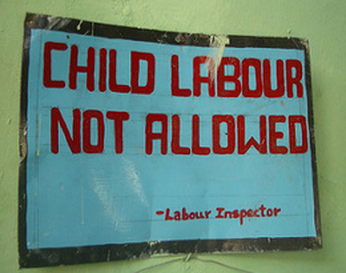 "Child Labour Not Allowed" by Alex Gaylon. Image licensed under Creative Commons.
"Child Labour Not Allowed" by Alex Gaylon. Image licensed under Creative Commons.
BOOKS on Human Rights or Child Labour
Search the Library Catalogue for the term "human rights" or "child labour" to find a range of Non Fiction and Fiction books, and also some websites.
ARTICLES
If you are looking for very recent or very specific information, then articles (from newspapers, magazines or journals) are a great resource. For newspaper articles the website Stuff.co.nz is a good place to start.
If you want to find articles from magazines and journals, then the database Australia/New Zealand Reference Centre, available via EPIC, provides the full text of articles from a huge range of magazines and newspapers (e.g. "National Geographic", "New Scientist", "North & South"). Ask Mrs Boniface if you need help accessing or using EPIC.
Fair Trade
|
What is Fair Trade?
For an explanation, read the article on Fair Trade from the online Encyclopedia Britannica. Note: if you are at school you can access the above article just by clicking on the link. If you are off campus you will need to login to Britannica with the Heaton Username and Password - ask Mrs Boniface for these. |
|
Websites
Explore the Heaton Library LiveBinder - click on the image on the right. This LiveBinder contains links to 8 resources (websites and videos) from reputable sources. |
Books and Articles
Use the Library Catalogue to search for "Fair Trade". This will show you details of the books we have in the library and also provide links to online articles (eDocs) on Fair Trade.
Use the Library Catalogue to search for "Fair Trade". This will show you details of the books we have in the library and also provide links to online articles (eDocs) on Fair Trade.
Inquiry Term 4: Navigating the Journey
Depending on whether you are a Year 7 or Year 8 student, you might explore the following topics in Term 4: Puberty, Wellbeing, Sexuality, Reproduction, Gender Identity, Relationships, Fitness and Nutrition.
ENCYCLOPEDIA ARTICLES
Start your search for information in an encyclopedia. Encyclopedias are an excellent source of credible and reliable information and they provide a good introduction to a topic. You will find some useful articles in Britannica, including:
ENCYCLOPEDIA ARTICLES
Start your search for information in an encyclopedia. Encyclopedias are an excellent source of credible and reliable information and they provide a good introduction to a topic. You will find some useful articles in Britannica, including:
WEBSITES
Explore the Heaton Term 4 Inquiry LiveBinder. You will find selected websites on Puberty, Wellbeing, Gender Identity, Sexual Orientation and Relationships.
BOOKS
You will find books on the current inquiry topic in a few different places in our Non-fiction Collection depending on the specific subject. Check the list below for the relevant Dewey numbers and then look for books that match that number on the Non-fiction shelves:
You can also search the Library Catalogue for the subjects above.
Ask Mrs Boniface if you need help finding anything!
You will find books on the current inquiry topic in a few different places in our Non-fiction Collection depending on the specific subject. Check the list below for the relevant Dewey numbers and then look for books that match that number on the Non-fiction shelves:
- Human body (Dewey 612)
- Puberty (Dewey 612.6)
- Fitness (Dewey 613.7)
- Hygiene (Dewey 613)
- Nutrition (Dewey 613.2)
- Wellbeing (Dewey 155)
- Life skills (Dewey 302.3)
- Decision making (Dewey 302.3)
You can also search the Library Catalogue for the subjects above.
Ask Mrs Boniface if you need help finding anything!

